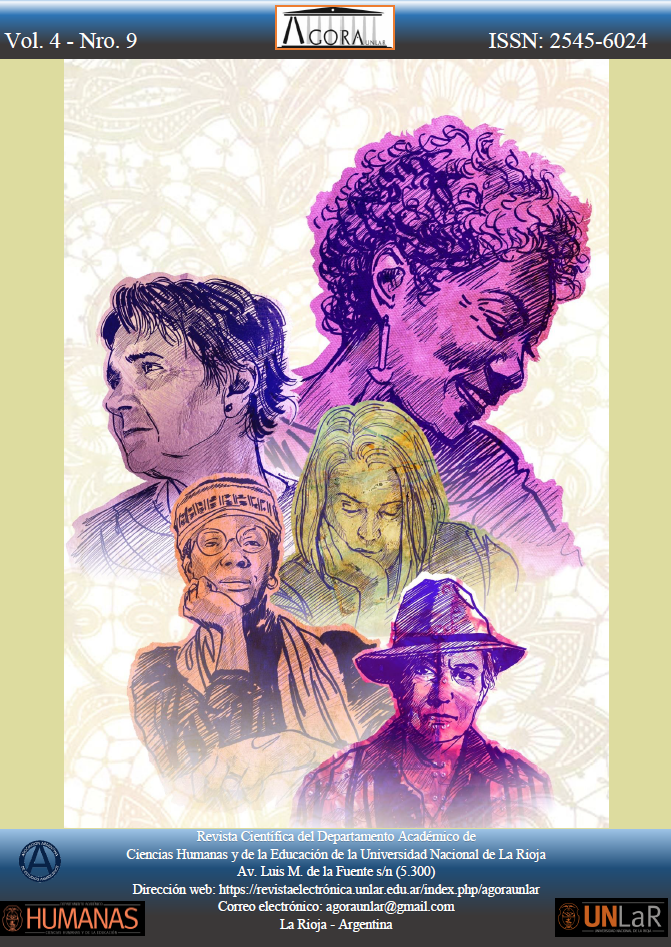RAYMOND CARVER Y EUGENE O’ NEILL: ADAPTACIONES Y RELECTURAS EN LA ESCENA ARGENTINA
Palabras clave:
dramaturgia estadounidense, adaptación, puesta en escena, década del 90Resumen
Entre la gran diversidad de escrituras escénicas, modelos estéticos y valores ideológicos que caracterizan alcampo teatral argentino de la década del ‘90, la adaptación de obras fundamentales de la literaturaestadounidenses conforma una importante tendencia. En especial, la dramaturgia de Eugene O´Neill y lanarrativa de Raymond Carver despertaron constantemente un profundo interés en dramaturgos y directoresargentinos.Aludiremos a Dos personas diferentes dicen hace buen tiempo (1995) de Rafael Spregelburd, a partir de unaadaptación libre de la narrativa de Raymond Carver, y a la adaptación de Un largo camino de un día hacia lanoche de Eugene O Neill, dirigida por Miguel Cavia (1999). En ambos casos, los procesos de reescritura yresemantización producen la apertura de los textos a nuevos y diversos sentidos. RAYMOND CARVER AND EUGENE O' NEILL: ADAPTATIONS ANDREINTERPRETATIONS IN THE ARGENTINE SCENEAbstractAmong the great diversity of scenic Scriptures, aesthetic models and ideological values that characterize theArgentine theatrical field of the 90's, the adaptation of fundamental pieces of American literature forms animportant trend. In particular, the dramaturgy of Eugène O´Neill and narrative of Raymond Carver, constantlyawoke a deep interest for playwrights and Argentine directors.We allude to Two different people say makes good time (1995) of Rafael Spregelburd from a free adaptationof Raymond Carver's narrative, and the adaptation of a Long Day’s Journay into Night, of Eugene O'Neill,directed by Miguel Cavia (1999). In both cases, the process of rewriting and resignification produce opentexts to new and different senses.Key words: American drama; adaptation; staged; the 90’s.Descargas
Publicado
31-08-2019
Número
Sección
ARTÍCULOS DE INVESTIGACIÓN O REVISIÓN TEÓRICA





